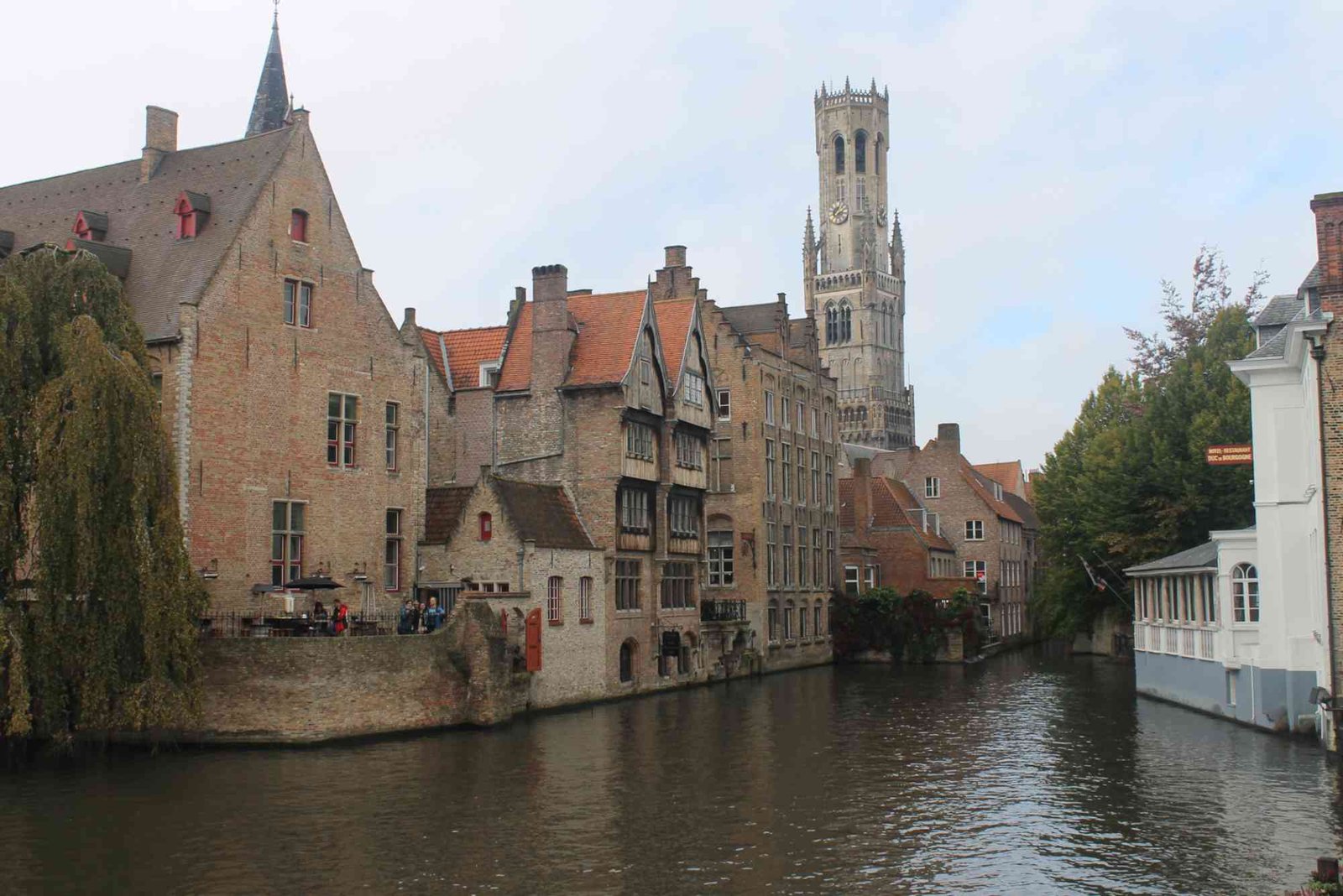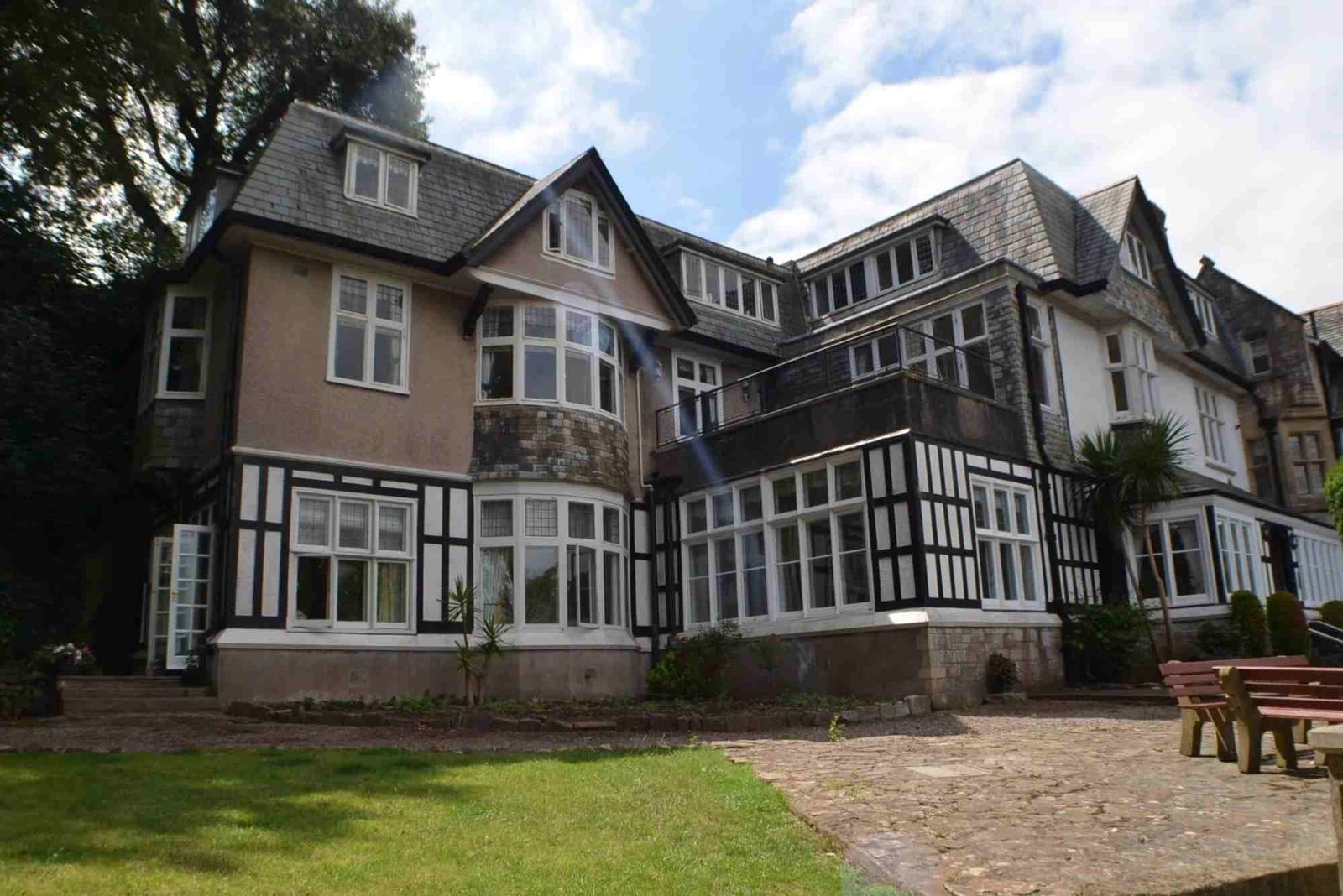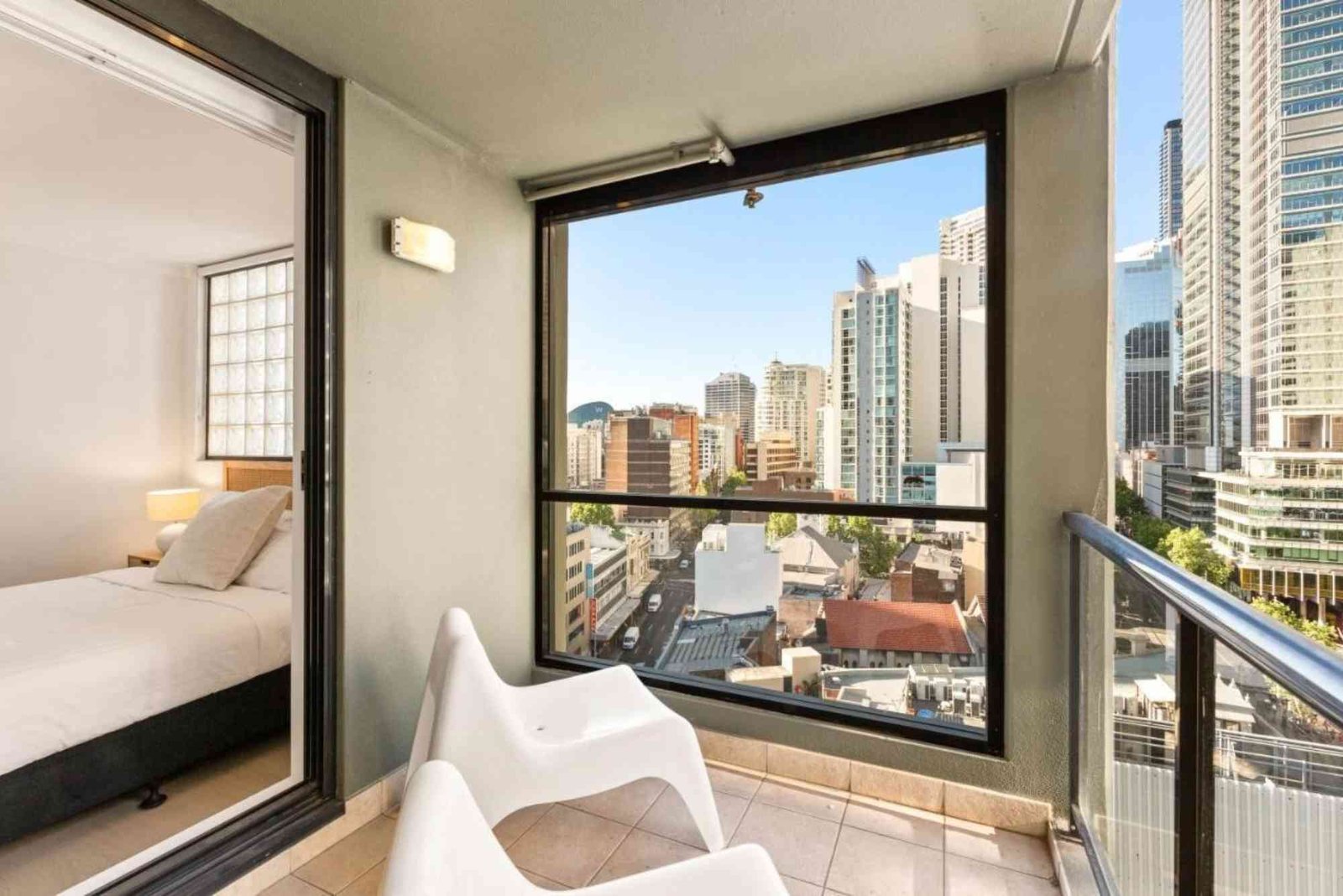The UAE’s real estate market has been a booming sector, attracting both local and international investors. Among the two most prominent cities, Dubai and Abu Dhabi, both offer unique advantages and investment opportunities. However, when it comes to real estate investment, many potential investors find themselves comparing the strengths and weaknesses of each city. Both Dubai and Abu Dhabi offer lucrative prospects, but which city provides the best opportunities for long-term growth, profitability, and security?
In this blog, we will explore the real estate markets in both cities, weighing the benefits and challenges each city brings. We will also touch on how factors such as business formation in mainland and UAE freezone business setup play a role in real estate investment decisions.
Dubai: The Ultimate Real Estate Powerhouse
Global Appeal and Dynamic Growth
Dubai’s real estate market has been the backbone of the city’s economic expansion over the last two decades. The city has transformed from a desert town into a global metropolis, offering world-class developments, luxurious properties, and unparalleled infrastructure. Dubai’s appeal lies in its international connections, tourism-driven economy, and growing demand for both residential and commercial properties.
Dubai has seen exponential growth in iconic projects like the Burj Khalifa, Palm Jumeirah, and Dubai Marina. The demand for real estate remains high, thanks to factors such as the city’s rapidly expanding population, a constant influx of tourists, and a growing expatriate workforce. Dubai’s real estate market offers opportunities across various sectors, including luxury homes, commercial properties, and short-term rental markets like Airbnb.
Benefits for Real Estate Investors
- High Rental Yields: Dubai is known for its high rental yields, particularly in popular areas like Downtown Dubai, Dubai Marina, and Jumeirah Beach Residences. With a high number of expats seeking rental properties, the return on investment for real estate properties is often higher than in other global cities.
- Diversified Market: The Dubai real estate market offers a wide range of investment opportunities. From luxurious waterfront properties to affordable housing units, Dubai’s diverse property options cater to both high-net-worth individuals and middle-income investors.
- Strategic Location: Dubai is strategically located as a business hub connecting Europe, Asia, and Africa. The city’s location plays a crucial role in attracting real estate investment, especially in the commercial sector, with numerous multinational companies setting up offices here.
Challenges for Investors in Dubai
While the market is thriving, it is important to note that Dubai’s real estate sector has seen periods of oversupply, particularly in commercial properties and residential units. Investors need to conduct thorough research to avoid overpaying for properties in saturated areas. Moreover, while Dubai offers high yields, property prices can be steep in some areas, especially for premium properties.
Abu Dhabi: A Stable and Growing Market
A Diverse and Steady Economy
Abu Dhabi, the capital of the UAE, has historically been more dependent on the oil and gas industry than Dubai. However, in recent years, Abu Dhabi has taken steps to diversify its economy. The city has experienced a steady growth trajectory in various sectors like real estate, finance, and tourism. Abu Dhabi offers a more stable investment environment, largely due to its wealth in natural resources and more conservative economic policies.
Abu Dhabi’s real estate market is characterized by large-scale development projects and master-planned communities such as Yas Island, Saadiyat Island, and Al Reem Island. The government’s strong presence and commitment to maintaining a steady growth rate make Abu Dhabi a less volatile market compared to Dubai, making it a more conservative option for long-term investors.
Benefits for Real Estate Investors
- Lower Entry Costs: Abu Dhabi generally offers more affordable property prices compared to Dubai, which is especially appealing to investors looking for cost-effective opportunities. This can be particularly attractive for investors looking to enter the market without the higher entry barriers present in Dubai’s premium developments.
- Government Support and Stability: The government of Abu Dhabi is highly involved in the real estate market and has implemented policies to encourage investment, such as offering long-term visas for property investors. The stable economic environment, supported by substantial oil revenues, provides a sense of security for real estate investments in the region.
- Growing Demand for Luxury Properties: Abu Dhabi is also known for its luxury real estate developments, particularly in areas like Saadiyat Island, where several high-end hotels, cultural institutions, and luxury residences are being built. The demand for luxury homes remains strong, particularly among high-net-worth individuals and investors from abroad.
Challenges for Investors in Abu Dhabi
Although Abu Dhabi’s real estate market offers a stable investment environment, it does not boast the same high rental yields as Dubai, particularly for residential properties. The city’s slower-paced growth and fewer tourism-driven opportunities could result in lower short-term returns for property investors. Additionally, the market is more niche, with fewer commercial or mixed-use developments compared to Dubai, which could limit investment opportunities in certain sectors.
How Business Formation Impacts Real Estate Investment
Business Formation in Mainland vs. Free Zones
When it comes to real estate investment in the UAE, business formation also plays a key role. Both Dubai and Abu Dhabi offer opportunities for investors to set up businesses in their mainland or free zones, which can have a significant impact on the choice of real estate investment.
- Business Formation in Mainland: Mainland business setup allows businesses to operate across the entire UAE market, including the local market in Dubai and Abu Dhabi. Investors opting for mainland company formation can benefit from having direct access to local markets and government contracts. For real estate developers and investors looking to establish a presence in both cities, mainland setup provides the flexibility to choose from a wider variety of properties in both commercial and residential segments.
- UAE Free Zone Business Setup: Free zones, on the other hand, offer tax exemptions, 100% foreign ownership, and other incentives tailored for specific industries. For example, Dubai’s UAE free zones, like the Dubai International Financial Centre (DIFC), offer great opportunities for financial services firms to invest in commercial properties. Abu Dhabi’s free zones, like the Abu Dhabi Global Market (ADGM), provide similar benefits for businesses in the financial and technology sectors. While free zones offer attractive tax incentives, they limit a company’s ability to engage directly with the local market.
For real estate investors looking to benefit from both commercial and residential properties, mainland company formation might offer more flexibility in terms of expansion and market access. However, for businesses focusing on specific niches or targeting international clients, UAE free zone business setup offers a highly efficient and cost-effective solution.
Conclusion: Which City Offers the Best Real Estate Investment Opportunities?
Both Dubai and Abu Dhabi offer unique advantages when it comes to real estate investment. Dubai remains the top choice for high-growth potential, diverse opportunities, and luxury developments, while Abu Dhabi stands out for its stability, lower entry costs, and long-term growth prospects.
When choosing between these cities, investors should consider factors such as market demand, property types, cost of entry, and government support. Additionally, understanding the impact of business formation in mainland and UAE free zone business setup can further help investors maximize their opportunities and tailor their real estate investments to their business objectives.
In the end, the best city for real estate investment depends on your goals—whether you seek high returns in a dynamic market like Dubai or a stable, long-term investment opportunity in Abu Dhabi. Both cities have much to offer for the savvy investor looking to capitalize on the UAE’s thriving real estate market.












